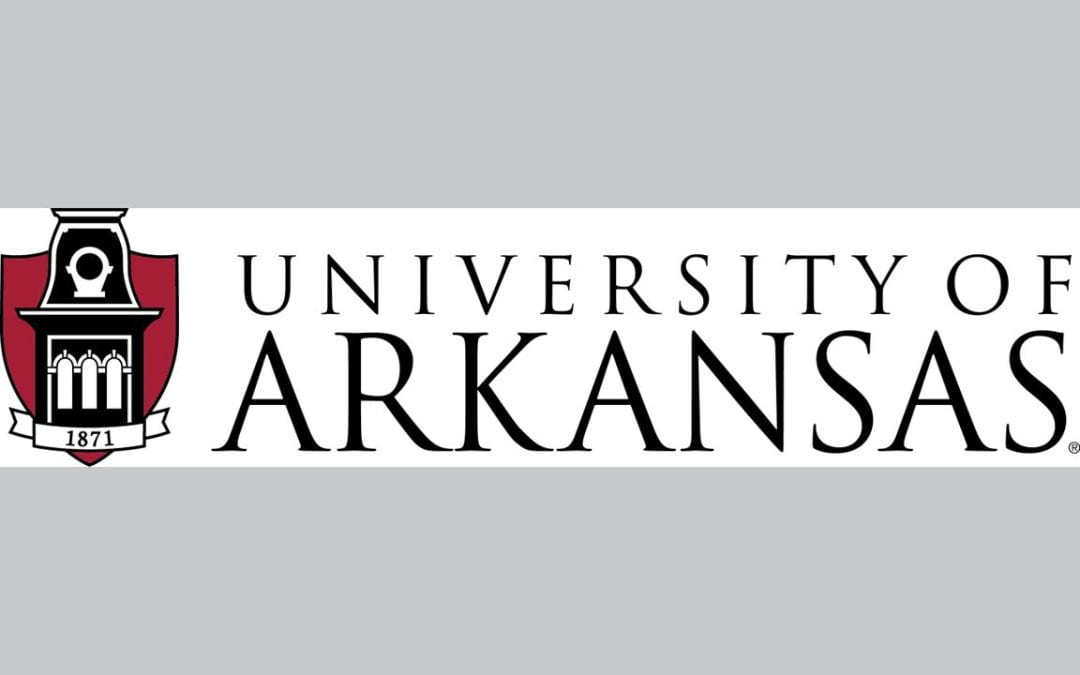The myriad of ways in which COVID-19 will impact lives, both physiologically and mentally, may not be completely felt for decades. An underappreciated way in which the pandemic is impacting front-line workers is the how COVID-19 has altered the traditional means of educating future nurses. Two Eleanor Mann School of Nursing faculty members, Dr. Jan Emory and Dr. Tom Kippenbrock, recently published results from a study which attempts to measure the impact of COVID-19 on the personal, academic, and work environments of nursing students.
Published as part of the Elsevier Public Health Emergency Collection on the National Institutes of Health National Library of Medicine, the authors analyzed data from more than 550 nursing students across all geographic regions of the United States. Results indicate different levels of anxiety based on region, suggesting local politics may influence student perceptions of the virus.
Overall, nursing students reported low levels of fear/anxiety in contracting COVID-19 themselves, however, their highest levels of reported fear/anxiety were because of possible spread of the disease to family and friends. This was particularly true of nursing students in the Northeast who experienced significantly more fear of spreading COVID-19 to family and friends compared to nursing students in the Midwest. Furthermore, nursing students in the Northeast indicated significantly greater fear of dying from COVID-19 than students in the Midwest. Nearly half of all students surveyed, 45.2%, reported being required to care for COVID-19 patients in their healthcare work environments. Approximately one-third (30.8%) of students reported that they received no safety training and that adequate quantities of PPE (37.4%) were unavailable in their work environments.
These results may look different in January 2022, Dr. Emory said, as their study surveyed students in September-December 2020, prior to the availability of vaccines. “That is an obvious difference between then and now. The early stages were marked with low availability of PPE and a real understanding of what we were fighting,” Dr. Emory said.
Dr. Emory and her colleagues took particular note of the challenges the pandemic created for nursing education and clinical sites which found themselves balancing the need for acute care of sick patients and mentoring future nurses.


